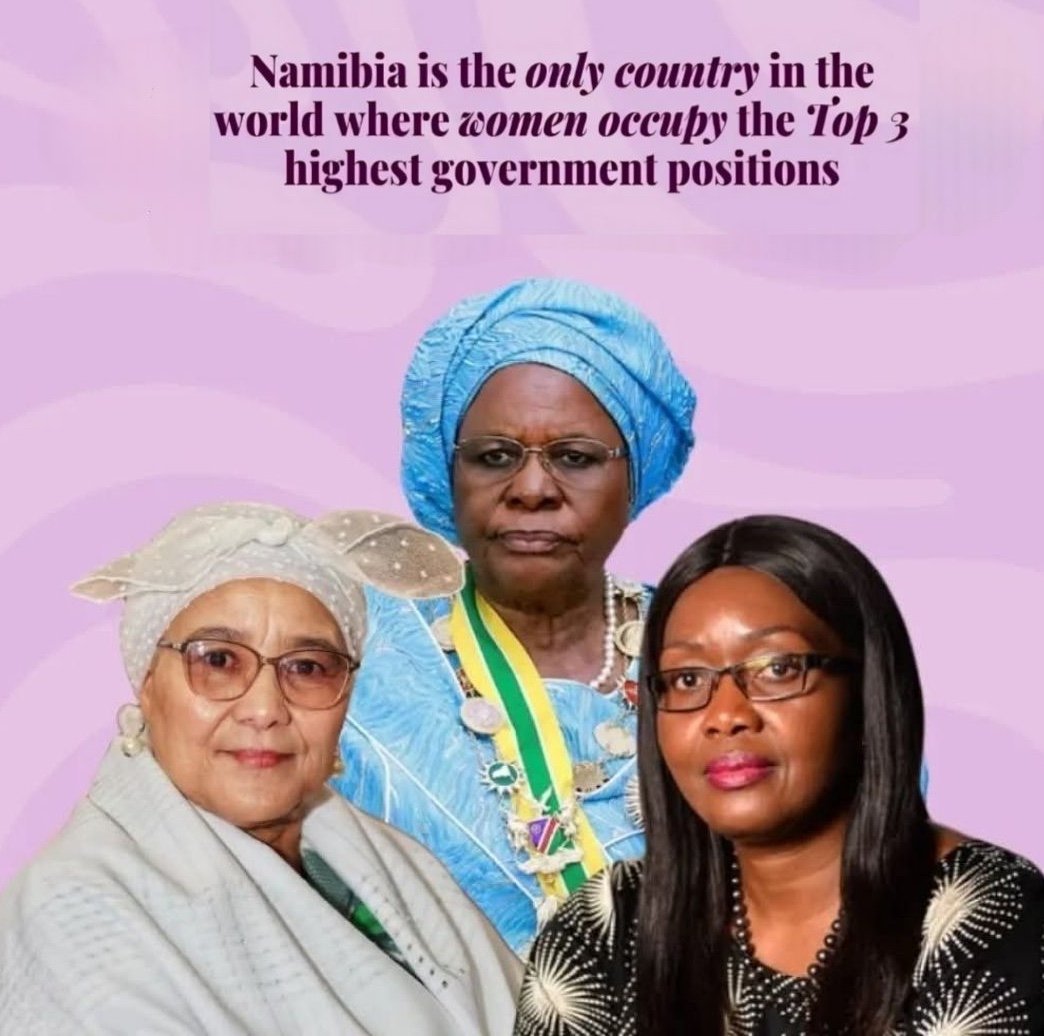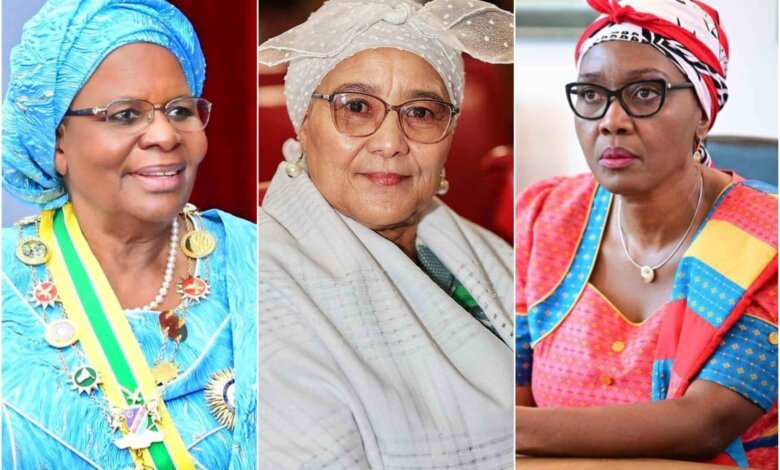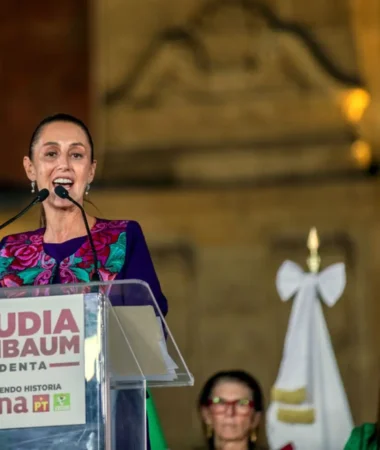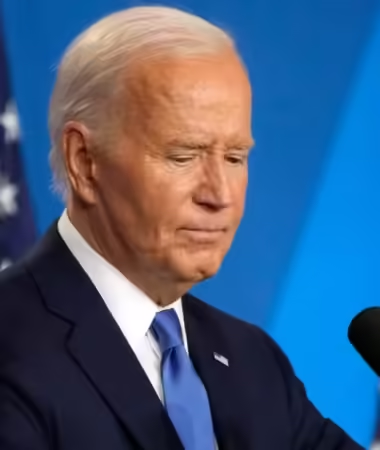
Namibia becomes the first country with women simultaneously holding the roles of President, Vice President, and Speaker, a major win for gender equality.
A Historic First for Gender Equality
Namibia has made global history as the first country where women lead the three highest offices of state — President, Vice President, and Speaker of Parliament.
This groundbreaking moment was celebrated during the 80th United Nations General Assembly, President Netumbo Nandi-Ndaitwah described it as a sign of democratic progress, unity and true gender equality.
According to UN Women, when leadership is inclusive, development becomes more balanced and sustainable. In other words, equality benefits everyone.
Trailblazing Leadership at the Helm
On March 21, 2025, Namibia inaugurated a history-making leadership team:: from left to right
- President: Netumbo Nandi-Ndaitwah
- Vice President: Lucia Witbooi
- Speaker of the National Assembly: Saara Kuugongelwa-Amadhila

In her UNGA address, President Nandi-Ndaitwah emphasized that these appointments were made based on merit and dedication. She added that the government’s mission is to end gender-based violence, expand women’s land and business rights, and create jobs through education and innovation..
Moreover, Vice President Witbooi and Speaker Kuugongelwa-Amadhila reaffirmed these priorities. They called on the African Union and other partners to join the global fight for gender equality. In their view, women’s leadership is not symbolic — it is transformative.
Pathway to Equality: Policy and Progress
Namibia’s journey to this moment took decades. Since independence in 1990, the nation has pursued constitutional reforms that protect and advance women’s rights.
Namibia’s journey toward full gender equality has taken more than three decades. Since independence in 1990, the country has actively strengthened constitutional rights and inclusive political policies.
For instance, the ruling SWAPO Party introduced the “Zebra System”requiring alternating male and female candidates on party lists. As a result, Namibia achieved one of the world’s most balanced governments.
Today, women hold 49% of seats in Parliament and 44% of Cabinet positions, ranking Namibia as Africa’s most gender-equal government. (visit the Namibia Parliament website for details)
In addition, advocacy groups and civic organizations have played a vital role. They have promoted women’s participation through mentorship, leadership training, and awareness campaigns. Consequently, these initiatives have built a culture that values equality and inclusiveness.
The United Nations Development Programme (UNDP) Africa also praises Namibia’s efforts, noting that shared leadership leads to stronger, fairer democracies.
Global Praise and Regional Impact
Internationally, Namibia’s progress has has been met with admiration.
UN Secretary-General António Guterres described the country as “a powerful example of how gender parity strengthens democracy and sustainable development.”
Furthermore the World Economic Forum’s Global Gender Gap Report 2025 ranks Namibia among the top 10 nations globally for women’s political empowerment. This recognition proves that consistent commitment yields real results.
Across Africa, the ripple effect is already visible. For example, several governments are studying Namibia’s policies to encourage female participation in leadership. Meanwhile, human rights advocates see this achievement as a turning point for women across the continent.
Notably, global media outlets such as BBC Africa and Al Jazeera have highlighted Namibia’s transformation as a model for others to follow.
A Beacon of Hope for the Next Generation
Namibia’s all-women leadership represents more than progress — it represents possibility. When women lead, societies grow stronger, and policies become more compassionate.
In fact, research consistently shows that women in leadership foster transparency, inclusivity, and stability. Therefore, Namibia’s example is not only inspiring but also strategic for sustainable governance.
As the conversation around equality expands worldwide, Namibia continues to shine as a trailblazer for the next generation of leaders. Indeed, this milestone reminds the world that empowering women is not just about fairness — it is about shaping a better, more balanced future for all.
when women lead, societies thrive.


